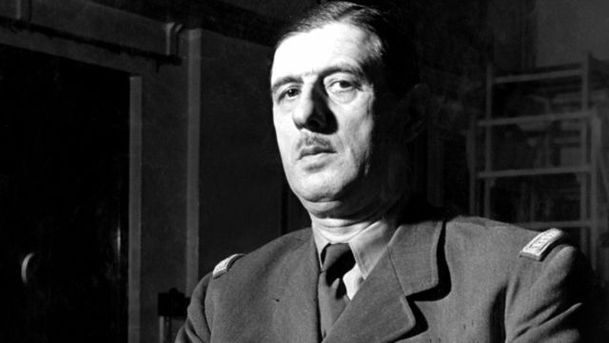Archive on 4 - Monsieur Non

Julian Jackson explores the contradictory and complex nature of the man who was happy to say 'yes' to making London his wartime HQ and rallying point, but 'Non' when twenty years later Britain was petitioning to join the Common Market. In fact it's not too far-fetched to suggest that De Gaulle's apparent perversity was at least partly responsible for Britain's long-standing ambivalent feelings towards Europe and the EU over the last fifty years ... Speaking from a BBC studio on 18th June 1940, General Charles de Gaulle issued an extraordinary rallying cry to his countrymen who had just capitulated to Hitler and declared an armistice with the German Fuhrer. Attacking the actions of Marshal PÃ(c)tain, "whatever happens," he intoned, "the flame of French resistance must not and shall not die." From London in a steady stream of eloquent and heartfelt broadcasts across the remaining years of the war, de Gaulle kept the spirit of defiance in the face of the Nazi occupier burning strongly. London was henceforth the headquarters of the Free French forces and the power base for de Gaulle. But the general had an uncanny knack of rubbing his hosts up the wrong way, and Churchill and he were often at loggerheads. But his time in London was the making of the statesman, one of Europe's greatest twentieth century figures. Julian Jackson, a specialist in modern French history and author of one of the best books on the French soldier-politician, traces the roots of the conundrum that was General Charles de Gaulle who died forty years ago this year. Producer: Simon Elmes.